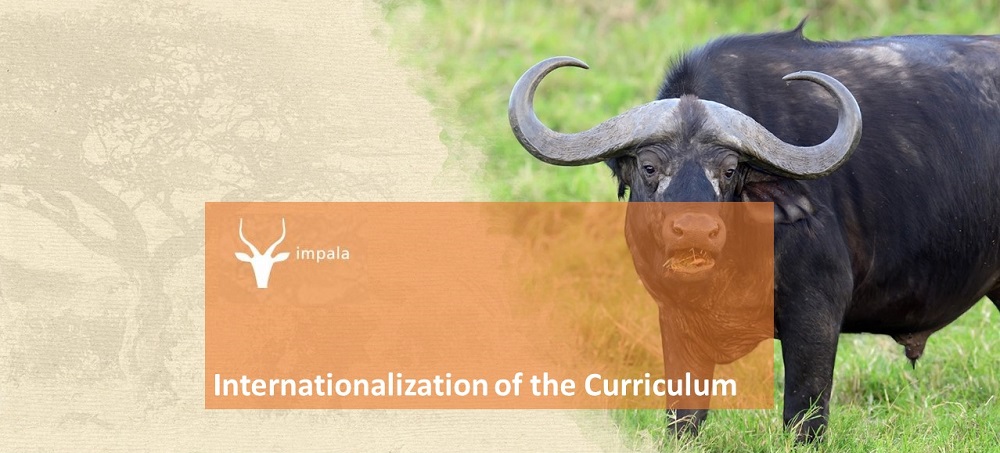A focus area of the CPUT project ‘Decolonization of the curriculum’ is on seeking cognitive justice and decentring Western knowledge through curriculum renewal activities. The Fundani Centre for Higher Education Development is spearheading this institutional project in collaboration with IMPALA. The centre is a strategic unit under the direction of CPUT Vision and Mission. It initiates and facilitates higher education development in alignment with international and national imperatives. During 2018 seminars and discussion forums are organised to be followed by a series of workshops.
2nd seminar on Decolonization
At Fundani’s 2nd seminar on Decolonization which took place on 25 May 2018 UNISA Prof Sabelo Ndlovu-Gatsheni reminded us that in order to decolonize you need to understand how it was constituted because the concept refers to undoing. “In a theoretical and practical sense,” said Ndlovu-Gatsheni.
He sees the problem as twofold – systemic and epistemic. On the systemic side we are facing modernity with modern problems (such as the exploitation of social divisions) with no solutions. Ndlovu-Gatsheni sees the epistemic side of decolonilization as much more important to the university though, as it manifests, in an exhausted knowledge system and continuing epistemic violence.
As the founder of the ‘Africa Decolonial Research Network’ he thinks decolonizing the university curriculum could happen by tapping into different indigenous knowledge systems. Not at the expense of the current Western way of looking at the world, but in addition to, expanding the knowledge base that students can access.
He gave a historic breakdown of some African countries’ attempts at decolonization of their economies and education systems, reminding that the idea is not new, going back as far as Dar es Salaam in the 1860s. “Today we are questioning the rules of the game and we have seen that joining the game is not enough”.
“Every time when I find people discussing internationalization of a university, I remember that the problem of the university in Africa is that it is international with its curriculum dictated to from outside, never local. We are not rooted where we are located.”
The way forward is to slowly move towards practical actions that we can take: “I want to argue that one major problem of Europe is that it is over-represented in theory, knowledge and education presented at local universities.” “We cannot wish Europe away, but Europe must accept it is a province of the world, it is not the world. Africa must be moved away from the margins to the centre.”
Ways in which he wants to see that shift is for lecturers to expand what they teach to include the thoughts and writings of African academics and to draw from the African archive (as in the African ways of knowing, doing and being). “You must expand the shoulders on which you want to stand, in terms of race, gender and where they come from.”
“The second thing is we need to review our disciplines, constantly review to check if they are still fit for purpose.” “It is also dangerous to just call someone racist and replace the work. Adapt a new way of critiquing and questioning them. That way you avoid just replacing the system, you change it.”
In conclusion Ndlovu-Gatsheni said: “I can’t change your curriculum. “I can only make you travel with me to change your consciousness. At the end of the day it tells us what kind of university we want. We need to re-engineer our philosophy of education.”


